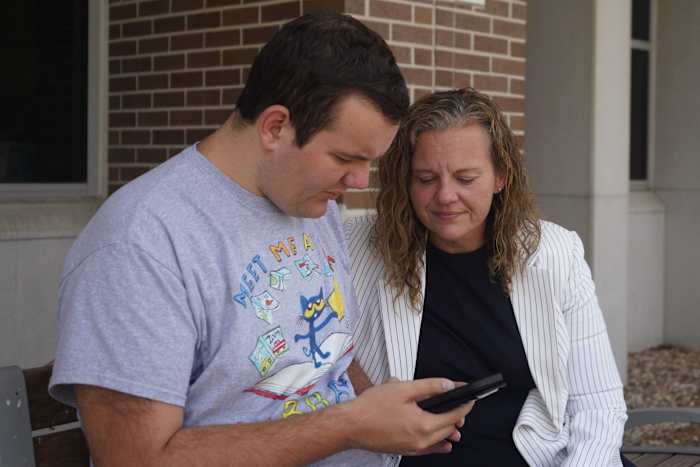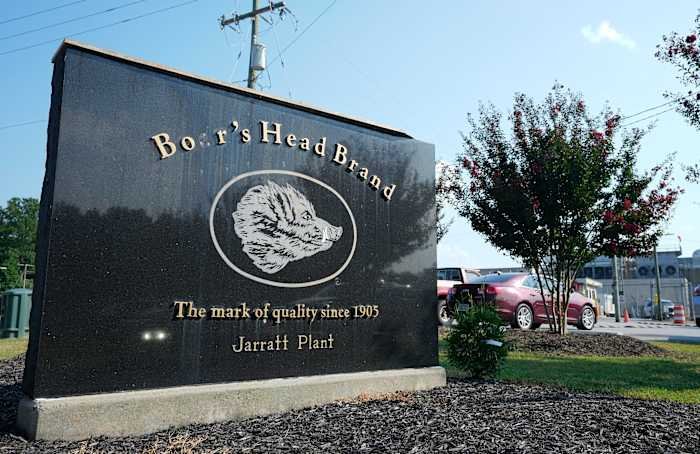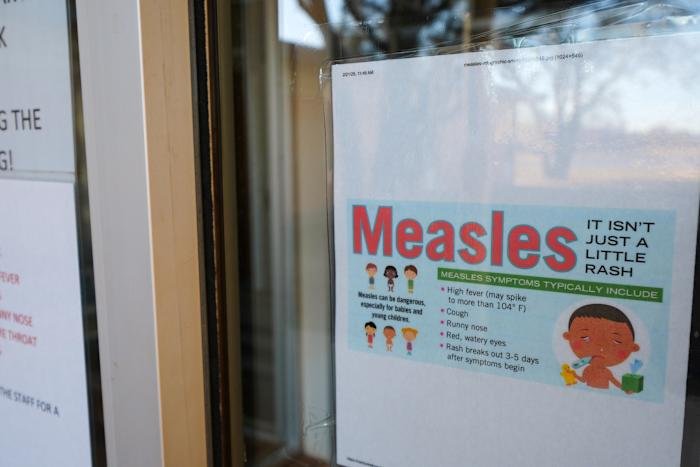Introduction
President Donald Trump’s recent comments on the causes of autism have sparked a wave of reactions nationwide—including right here in Orlando. During a campaign speech, Trump suggested a link between autism and mothers taking Tylenol (acetaminophen) during pregnancy. These remarks have ignited anger, frustration, and, for some, hope within the autistic community and among families navigating life with autism. As the debate unfolds, it’s important to understand how such claims affect Orlando’s families, advocacy groups, and healthcare professionals.
Trump’s Comments: What Was Said and Why It Matters
At a recent rally, President Trump claimed, “You see the autism rates are through the roof. A lot of people are saying it’s because mothers are taking Tylenol when they’re pregnant.” This statement quickly went viral, triggering a flood of responses from medical experts and families alike. The scientific community has long debated the causes of autism, but the consensus remains that autism is a complex neurodevelopmental condition likely influenced by a combination of genetic and environmental factors. There is currently no definitive evidence linking Tylenol use in pregnancy to autism.
Here in Orlando, the local chapter of Autism Speaks and organizations such as the Central Florida Autism Institute have voiced concern about the potential for misinformation. “Our families are already dealing with enough challenges,” said one Orlando mother. “President Trump’s comments feel like blame and add unnecessary guilt to mothers who are doing their best.”
Orlando Families React: Anger and Frustration
The suggestion that mothers are responsible for their children’s autism—especially by taking a widely recommended medication—has struck a nerve in Central Florida. Several Orlando-based parents have taken to social media and local forums to express their outrage. “I took Tylenol during my pregnancy because my doctor said it was safe,” wrote one Baldwin Park mother in a popular Facebook group. “Now I’m being told I caused my child’s autism? That’s not fair.”
Local mental health professionals warn that such statements can contribute to stigma and shame around autism. Dr. Anna Rodriguez, a child psychologist in Winter Park, notes, “Moms often carry misplaced guilt, and comments like these only make it worse. We should be focusing on support and understanding, not blame.”
Hope for Awareness—and the Need for Reliable Information
Not all reactions have been negative. Some in the autism community see Trump’s comments as an opportunity to reignite the conversation about the causes of autism and the need for more research. “If nothing else, maybe this will get people talking and funding more studies,” said Mark Johnson, an Orlando father of a teenager with autism. “We need to know more, but we also need to make sure we’re getting our information from credible sources.”
Local organizations are stepping up efforts to provide families with clear, fact-based information. The UCF Center for Autism and Related Disabilities (CARD) has published resources for Orlando families to answer questions and dispel myths about autism’s origins. These resources emphasize that autism is nobody’s fault and that parents should not feel guilty for following medical advice during pregnancy.
The Orlando Perspective: Community Support and Advocacy
Orlando’s autism community is known for its vibrant network of support groups, educational initiatives, and advocacy work. Local events like the annual Autism Walk at Lake Eola and awareness campaigns by the Orange County Public Schools help foster a sense of inclusion and resilience.
In response to the recent controversy, several local nonprofits have renewed their calls for compassion and evidence-based discussion. “Orlando is a city where families feel empowered to share their stories and advocate for their children,” said Lisa Grant, director of a local autism support group. “It’s important we keep the conversation centered on acceptance, and not let divisive comments derail the progress we’ve made.”
Conclusion
President Trump’s remarks about Tylenol and autism have certainly stirred strong emotions in the Orlando area. For many families, they’ve reopened old wounds; for others, they’ve sparked a renewed call for research and honest dialogue. As Orlando continues to grow as a hub for autism advocacy and support, it’s crucial that we rely on science, empathy, and community spirit to guide us forward.
What do you think about the impact of Trump’s comments on our local community? Have you or someone you know been affected by these statements? Share your thoughts in the comments below—your voice matters to the Orlando conversation.
















